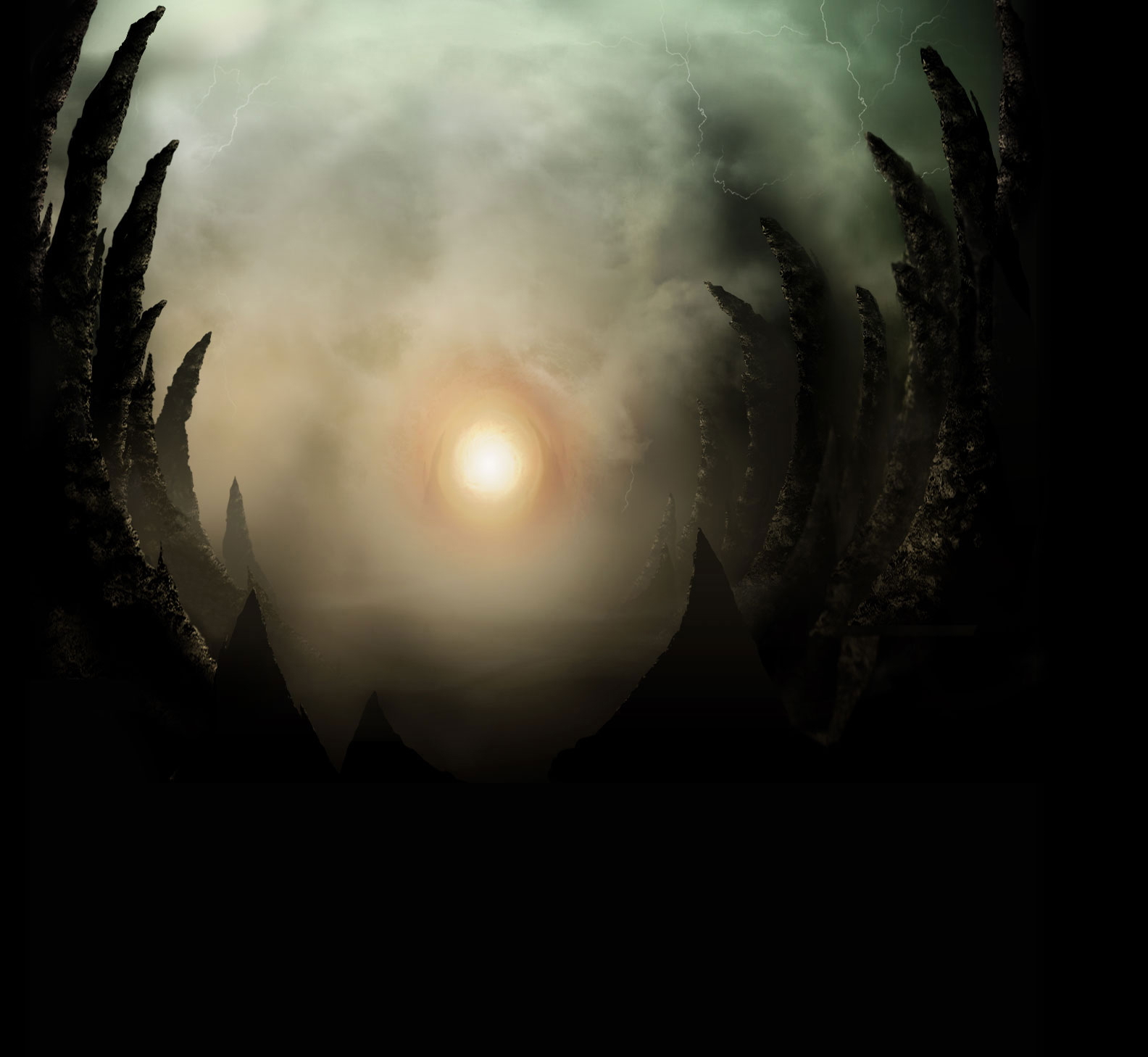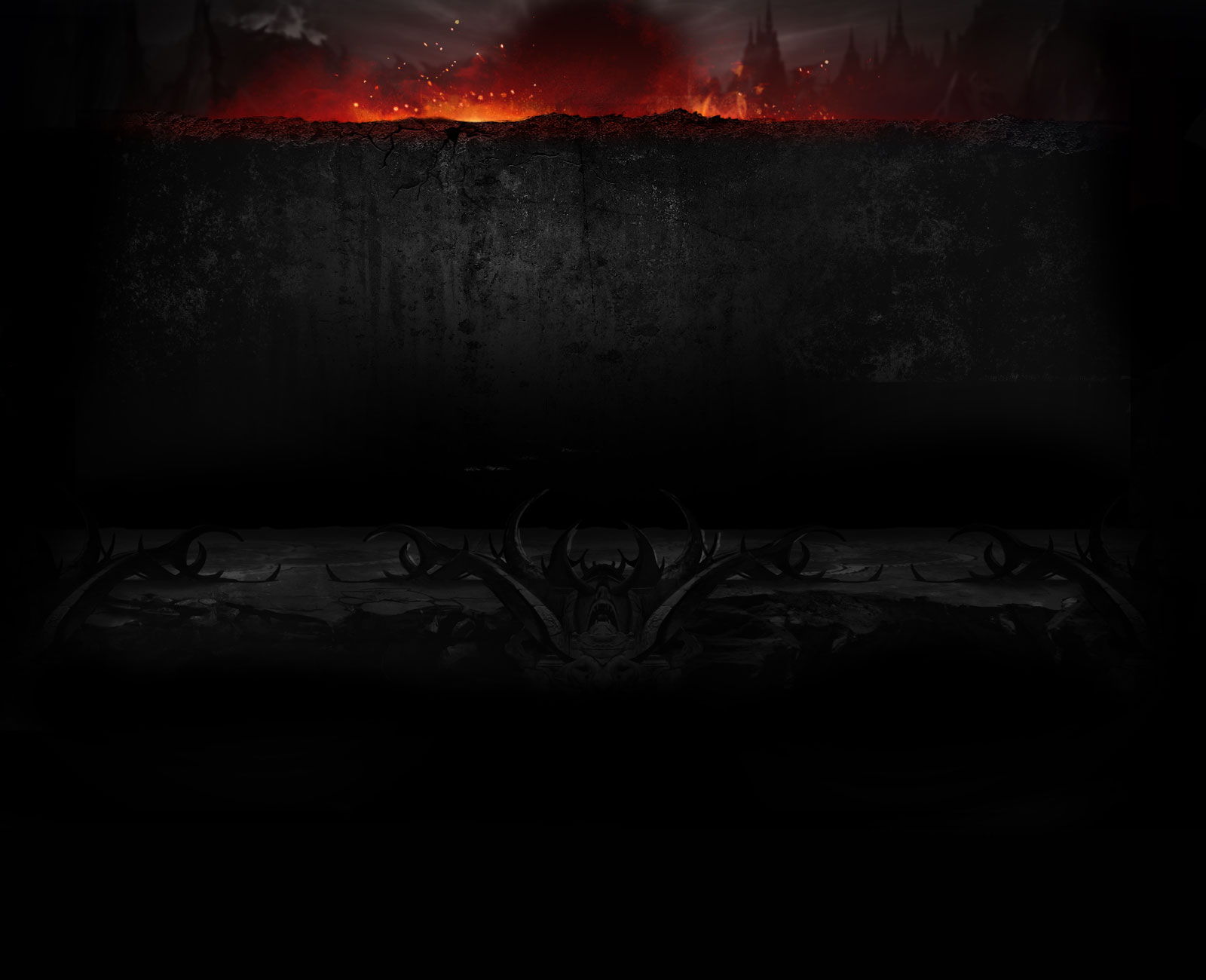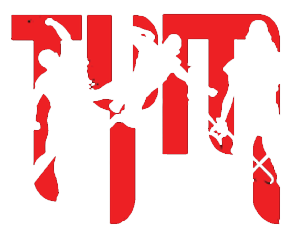Prinz
watch?v=a8PEVV6tt14
As an accountant, it'd be more profitable to make it 0,9I am shocked at some of these answer here. 0.99999.... is not 1 and it never will be. In terms of money I'm a accountant I can make .9999 = 1,000,000







As an accountant, it'd be more profitable to make it 0,9I am shocked at some of these answer here. 0.99999.... is not 1 and it never will be. In terms of money I'm a accountant I can make .9999 = 1,000,000

Same with 0,9. You'll never say "Oh, here it equals 1". So it'll never equal 1.If it has infinite zeros, it can't end in a 1. In fact, it literally can't end. There will never be a point at which you can say, "oh now comes the 1".
Well maybe we need to leave fractions out of this, because fractions are using whole numbers and decimals are never complete. For example 100 divided by three with no decimals is 33. So maybe we just have to except there is two ways to look at it. Infinetly recurring numbers were probably created to have it make more sense, because there is a noticeable difference between 9 and 10 and 99 and 100. Is 99.9999999999 the same as 100? If it is why not just call it 100... If I said I am 99.9999999999999 sure I'm the greatest injustice player (lol) I didn't say 100 because there is a shred of doubt... Or maybeNo, this 'problem' has long since been solved. The fact that you can't wrap your head around the answer is another thing entirely.
To @Prinz I don't think you've understood the squeeze theorem explanation so I'll go over it again. Basically it states that two numbers are the same number if there are no numbers in between them. 1 and 1.000000000... Do not have any numbers in between them so they are the same number. Likewise, there are no numbers in between 0.9999999... and 1; hence they are the same number.
Yes it is 1. There are plenty of explanations as to why in this thread. An infinite number of 9s following a decimal point is the same as 1.
This is the simplest algebraic proof;
1/3 + 1/3 + 1/3 = 0.33333... + 0.33333... +0.33333... = 0.99999... = 1
But in your gut you know there's that 0,0000.....1 chanceWell maybe we need to leave fractions out of this, because fractions are using whole numbers and decimals are never complete. For example 100 divided by three with no decimals is 33. So maybe we just have to except there is two ways to look at it. Infinetly recurring numbers were probably created to have it make more sense, because there is a noticeable difference between 9 and 10 and 99 and 100. Is 99.9999999999 the same as 100? If it is why not just call it 100... If I said I am 99.9999999999999 sure I'm the greatest injustice player (lol) I didn't say 100 because there is a shred of doubt... Or maybe

Or maybe youre right and it is the same and this is the only way to rationalize itWell maybe we need to leave fractions out of this, because fractions are using whole numbers and decimals are never complete. For example 100 divided by three with no decimals is 33. So maybe we just have to except there is two ways to look at it. Infinetly recurring numbers were probably created to have it make more sense, because there is a noticeable difference between 9 and 10 and 99 and 100. Is 99.9999999999 the same as 100? If it is why not just call it 100... If I said I am 99.9999999999999 sure I'm the greatest injustice player (lol) I didn't say 100 because there is a shred of doubt... Or maybe
But we're not talking about a lot of 9s, we're talking about an infinite number of 9s. If you said I'm 99.999...% it is exactly the same a saying you are 100% sure.Well maybe we need to leave fractions out of this, because fractions are using whole numbers and decimals are never complete. For example 100 divided by three with no decimals is 33. So maybe we just have to except there is two ways to look at it. Infinetly recurring numbers were probably created to have it make more sense, because there is a noticeable difference between 9 and 10 and 99 and 100. Is 99.9999999999 the same as 100? If it is why not just call it 100... If I said I am 99.9999999999999 sure I'm the greatest injustice player (lol) I didn't say 100 because there is a shred of doubt... Or maybe
 "
"Same to you.But we're not talking about a lot of 9s, we're talking about an infinite number of 9s. If you said I'm 99.999...% it is exactly the same a saying you are 100% sure.
We can't 'leave fractions out of this', since fractions are just another representation of decimals. And I'm not talking about rounding to equal 1. I'm saying it is exactly equal to 1.
Anyways, if you guys don't wanna understand that's fine by me. If you're so sure about your answer, you can publish it in a peer reviewed journal and overturn hundreds of years of mathematical understanding because even though you've no proof, "in your gut you know there's that 0,000.....1 chance"
My argument is already documented mathematical fact, published in many peer reviewed journals and is supported by a mountain of proofs so don't know what you mean by that =D. Unless you wanna talk about some highly weird alternative number systems (such as the hyperreals) then your statement is just false.Same to you.
Mathematicians seem to consider is solved.I'm not dismissing anything. I'm just saying this particular problem is not yet entirely solved.
0.9 recurring.Hey do you guys know if .9 is equal to 1 ?
0,(0)1 also has infinite 0's, but it doesn't mean it equals 0.
Yes I have that number. How is it not possible when 0,(9) is possible? Maybe someone should explore this.LOLOL that's fucking godlike. You have a number with infinite 0's and then a 1 attached as an endpoint xD
I'm sorry, but as an amateur numberphile and college student, that was just pure gold.
Also, I don't quite recall all the retorts you made to our posts Prinz, and I'm not particularly interested in explaining everything again in multiple different manners, but to reply to one thing you said specifically regarding my mile example:
first, it's not Xenon's paradox, that's an element on the periodic table.
second, that doesn't apply here because that problem takes halves and completely ignores the concept of limits (Xeno's paradox has gotten absolutely demolished by mathematicians.)
third, 0 does have a finite value and does have meaning past the decimal point. If I told you I measured the radius of the Earth to be 6000 kilometers or 6000.0000000000000000000000000000000000000000000000000000000000000000000000000000000000000000000000 kilometers, you should be absolutely fucking awestruck at my accuracy.
fourth, since when can mathematicians not define their own rules within math as long as they're logically consistent? You're basically saying we can't have negative numbers because negative amounts do not exist other than in fictitious systems like... oh I don't know... withdrawing money from the bank for a summer course in introductory calculus.
Why try to understand something that is obvious? Grass is green, water is wet and 1=/=0,(9). If something, the problem is some people try to explain obvious things and that's when deviations can occur.If there's anything I've learned in the incredibly short time that I've been on this planet, it's that when something is too difficult to understand, people will fall back on their original convictions instead of going deeper with the subject.
To make things worse, people here are speaking on a subject of which they're not immediately familiar and only helping to spread ignorance.
Cyber Sub's parry and bombs need to be nerfed. Sub-Zero's resets need to be patched. J360 is a tournament viable lethal killing machine. Laughable.
Your number is not possible because in the number system we use, non-zero infitesimals are not possible. Basically if you have an infinite amount of zeros, there will never ever be a point at which you can place a one at the end. There is no end. It's an infinite amount of zeros. You can't say okay one can come now. It literally cannot have an end point. That's kinda the definition of this type of infinity.Yes I have that number. How is it not possible when 0,(9) is possible? Maybe someone should explore this.
Yeah, sorry, it's Zenon, not Xenon. I like how you say something doesn't apply here because bla, bla, but what you're saying applies because bla, bla. Isn't this implying that you're using specific situations to make a point?
About that 6000.000 example. Nope. If you told me that, I'd ask you what's the point of all those 0's after the dot since they have absolutely no value. Isn't this a number rule that no matter how many 0's you put after a dot it doesn't change the value of the number?
And that bank example, you're right. It depicts deficit. But if you had put two accounts, one being your current amount and an other, represented also in positive values, representing your debt, a negative representation wouldn't be needed. Example: you have 1000$ on you current account that you can withdraw, and 0$ on your debt account. You withdraw 1010$, your current account becomes 0$ and your debt account becomes 10$. That's just a way to represent without negatives.
Why try to understand something that is obvious? Grass is green, water is wet and 1=/=0,(9). If something, the problem is some people try to explain obvious things and that's when deviations can occur.
In that certain numeral system, where other rules apply, 0,(9) may replace 1. But in the system where 1 is finite, and this specific symbol "1" does depict a finite number, it doesn't.Your number is not possible because in the number system we use, non-zero infitesimals are not possible. Basically if you have an infinite amount of zeros, there will never ever be a point at which you can place a one at the end. There is no end. It's an infinite amount of zeros. You can't say okay one can come now. It literally cannot have an end point. That's kinda the definition of this type of infinity.
Have you read the article I've linked twice? It explains it with several proofs of varying complexity and also discusses how many students have a difficult time grasping it because of several reasons (they lack understanding of infinity being one).
For the extra zeros at the end, they indicate significant digits. They are important insofar as they indicate the accuracy of your measurement.
The problem with 0.999... Is it seems sorta counterintuitive to some people (hence it's not obvious) but that doesn't make it any less equal to 1.
Also, just for your information there are some alternative number systems (such as the hyperreals) with different logical rules that do allow non-zero infinitesimals, but from the way you are speaking I am certain you are not talking about them and they would be beyond your comprehension.
Panic, you've just saved me what would've been an incredibly douchey/condescending reply to Prinz.Your number is not possible because in the number system we use, non-zero infitesimals are not possible. Basically if you have an infinite amount of zeros, there will never ever be a point at which you can place a one at the end. There is no end. It's an infinite amount of zeros. You can't say okay one can come now. It literally cannot have an end point. That's kinda the definition of this type of infinity.
Have you read the article I've linked twice? It explains it with several proofs of varying complexity and also discusses how many students have a difficult time grasping it because of several reasons (they lack understanding of infinity being one).
For the extra zeros at the end, they indicate significant digits. They are important insofar as they indicate the accuracy of your measurement.
The problem with 0.999... Is it seems sorta counterintuitive to some people (hence it's not obvious) but that doesn't make it any less equal to 1.
Also, just for your information there are some alternative number systems (such as the hyperreals) with different logical rules that do allow non-zero infinitesimals, but from the way you are speaking I am certain you are not talking about them and they would be beyond your comprehension.
Prinz, me and Panic really want to get through to you on this, but you have to read some of the links Panic's posted. There's an absurd amount of proofs explaining why .9 repeating is 1, and there's a bunch of explanations that refute some of the common misconceptions of infinity (a few of which you've accepted and why it's holding you back from understanding infinity).In that certain numeral system, where other rules apply, 0,(9) may replace 1. But in the system where 1 is finite, and this specific symbol "1" does depict a finite number, it doesn't.
About the infinite 0's. I'm not gonna talk about it, but here you go, a problem to be solved.
The number system where 0.999...=1 is the number system you use. They are merely different representations of the same number. Just how 3.14159... and π both represent the number obtained when the circumference of a circle is divided by its radius.In that certain numeral system, where other rules apply, 0,(9) may replace 1. But in the system where 1 is finite, and this specific symbol "1" does depict a finite number, it doesn't.
About the infinite 0's. I'm not gonna talk about it, but here you go, a problem to be solved.
Ugh. Did you even take a basic high school science class? Or rather, did you pass? The zeros after the decimal doesn't change the quantity, but it absolutely has value in that it indicates how precise the calculation was.About that 6000.000 example. Nope. If you told me that, I'd ask you what's the point of all those 0's after the dot since they have absolutely no value. Isn't this a number rule that no matter how many 0's you put after a dot it doesn't change the value of the number?
So you're saying I should question your calculation precision if put less than infinite 0's after the dot? If I showed you 2-1=1, you'd say "Yeah, but is it precise? What if you put a dot after the 1, will there follow a zero? Or 2 zeros? Or an infinite amount of zeros?" and I'd say "Fucking yeah, because there's absolutely no point at showing what's not there". The only reason you could show zeros after the dot is if you wrote it this way: 2,00-1,00=1,00. And that, is just for convenience. For example, percentages are written with at least 1 zero after the dot, currencies with at least 2 zeros, even if the amount is without decimals. But, that doesn't mean 10,0% is more or less than 10%, it's the same amount and the zero doesn't change anything.Ugh. Did you even take a basic high school science class? Or rather, did you pass? The zeros after the decimal doesn't change the quantity, but it absolutely has value in that it indicates how precise the calculation was.
Omfg you just don't get it lol. He's not talking about an infinite amount of zeros hahahahaha.So you're saying I should question your calculation precision if put less than infinite 0's after the dot? If I showed you 2-1=1, you'd say "Yeah, but is it precise? What if you put a dot after the 1, will there follow a zero? Or 2 zeros? Or an infinite amount of zeros?" and I'd say "Fucking yeah, because there's absolutely no point at showing what's not there". The only reason you could show zeros after the dot is if you wrote it this way: 2,00-1,00=1,00. And that, is just for convenience. For example, percentages are written with at least 1 zero after the dot, currencies with at least 2 zeros, even if the amount is without decimals. But, that doesn't mean 10,0% is more or less than 10%, it's the same amount and the zero doesn't change anything.
Yes I do. But, isn't this actually a measurement error of the method or the ruler used ?Omfg you just don't get it lol. He's not talking about an infinite amount of zeros hahahahaha.
If I measure a distance and say it's 2m. Someone comes along with a more accurate ruler and says, well actually it's 2.01 meters. Then someone comes along with an even more accurate ruler and measures 2.0101 meters. Than it happens again and someone measures 2.01010000 meters. See how the zeros indicate how accurate the measurement is?
No, if I say its 2.000 I'm saying I am certain to the thousandths place which is more accurate than if I just said 2. The latter would imply the measuring instrument isn't accurate to even the tenths place.Yes I do. But, isn't this actually a measurement error of the method or the ruler used ?
I agree about the inaccuracy of the instrument. But you'd say it's equal to 2 since the zeros don't add any real value. Unlike the initial problem.No, if I say its 2.000 I'm saying I am certain to the thousandths place which is more accurate than if I just said 2. The latter would imply the measuring instrument isn't accurate to even the tenths place.
